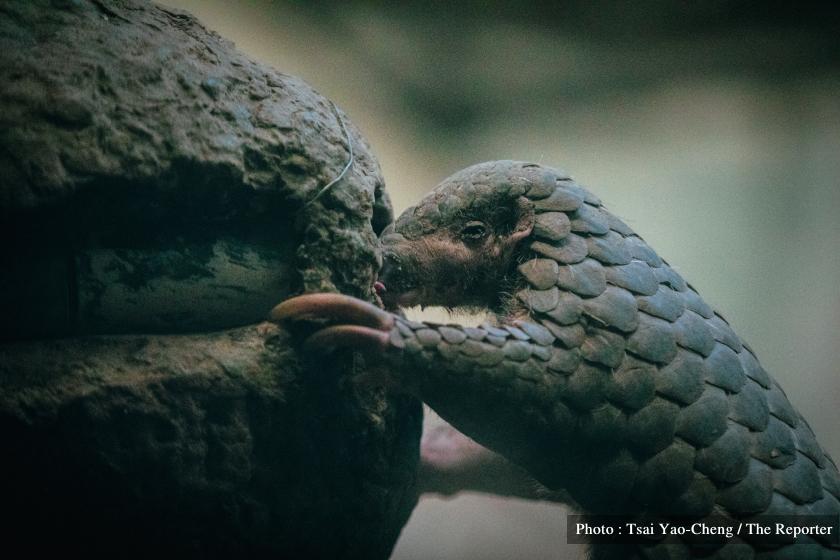
A huge majority of people in Myanmar support shutting down wildlife markets to prevent another pandemic, a survey released on Monday by the World Wildlife Fund (WWF) has found.
Ninety-one percent of respondents in Myanmar said they believed the closure of illegal animal markets would prevent a similar crisis, the organisation said.
The survey, with responses from almost 5,000 people in Myanmar, Japan, Hong Kong, Thailand and Vietnam, is the first to gauge opinion across Asia on the controversial markets since the novel coronavirus emerged.
Around 93% of all the respondents, including in Myanmar, supported shutting down the markets.
Scientists have found that the novel coronavirus, like SARS and Ebola, is zoonotic, meaning it jumps from animals to humans. The outbreak began at a wildlife market in China’s Wuhan.
The pangolin, a scaly anteater-like creature hunted and traded in large numbers in Myanmar to be sold in China, is believed by some to be a potential intermediary host of the novel coronavirus.
Their hides have for years been sold, ironically enough, as traditional medicine in open-air markets such as Mong La, a town at the Chinese border where tiger skins, elephant flesh and bear bladders are also for sale.
“This rampant unchecked trade in wildlife is a risk not only to health and the economy, but to the entire stability of the region,” said Grace Hwa, a specialist on the illegal wildlife trade at WWF Myanmar. “Governments must act now if we are to prevent the next zoonotic pandemic.”



